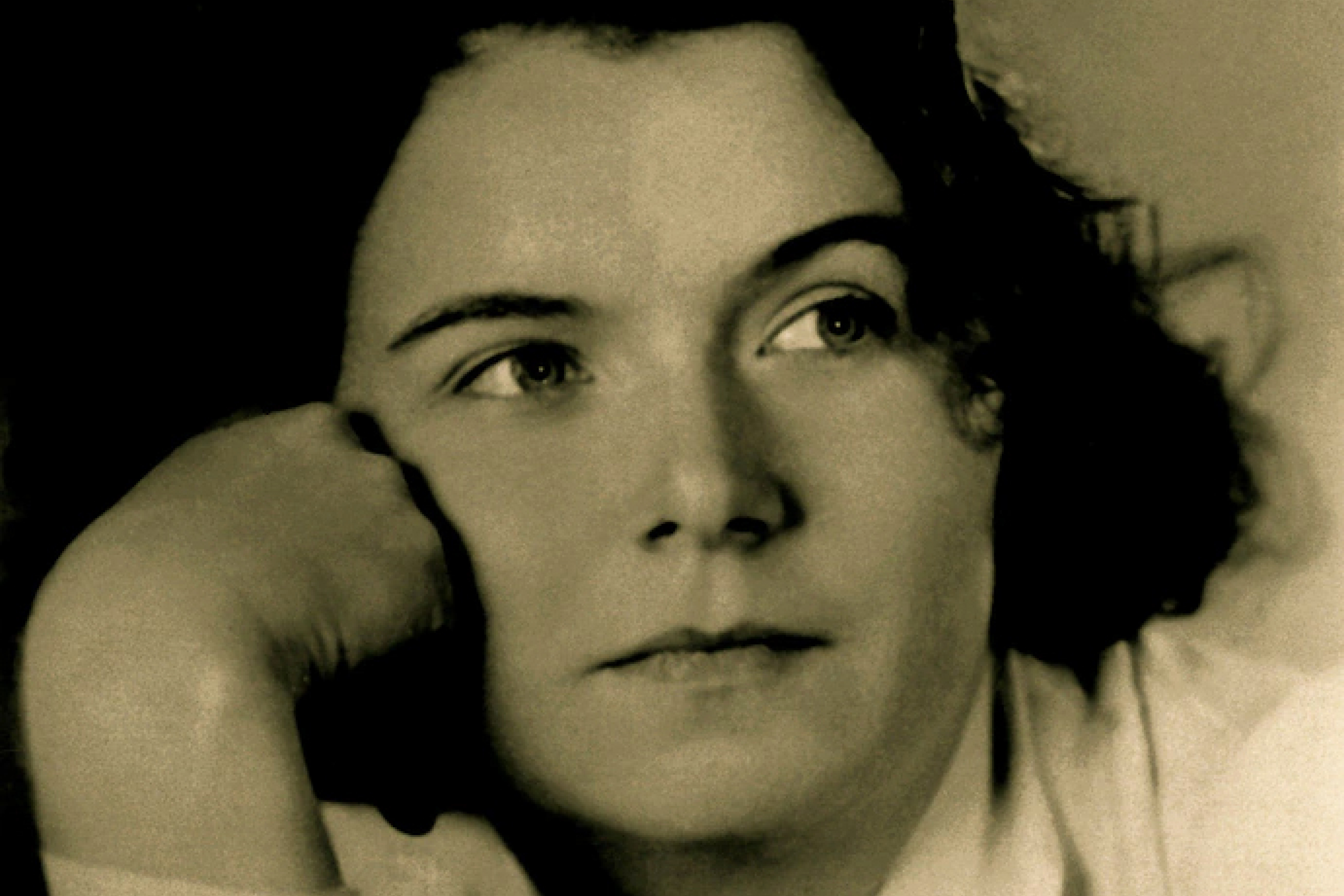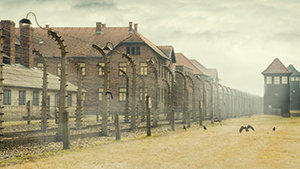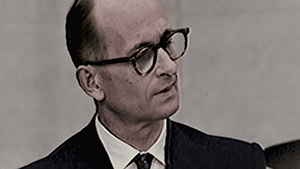
-
HOME
-
WHAT IS STANDOur Mission Our Values Our Help Contact
-
WHAT WE FIGHT FORReligious Freedom Religious Literacy Equality & Human Rights Inclusion & Respect Free Speech Responsible Journalism Corporate Accountability
-
RESOURCESExpert Studies Landmark Decisions White Papers FAQs David Miscavige Religious Freedom Resource Center Freedom of Religion & Human Rights Topic Index Priest-Penitent Privilege Islamophobia
-
HATE MONITORBiased Media Propagandists Hatemongers False Experts Hate Monitor Blog
-
NEWSROOMNews Media Watch Videos Blog
-
TAKE ACTIONCombat Hate & Discrimination Champion Freedom of Religion Demand Accountability
“We Are Your Guilty Conscience”—Remembering the Last Survivor of an Anti-Nazi Resistance Group
“Isn’t it true that every honest German is ashamed of his government these days? Who among us has any conception of the dimensions of shame that will befall us and our children when one day the veil has fallen from our eyes and the most horrible of crimes—crimes that infinitely outdistance every human measure—reach the light of day?”
— White Rose leaflet
She was a middle-aged mother of four who ran a day school in Chicago for special needs children. Yet even her children didn’t know that she was a crucial part of one of the few resistance movements in Nazi Germany one generation earlier. She spoke out against the Third Reich when most of her countrymen did not, was arrested, imprisoned and condemned to die, only to be freed when the Allies arrived.

But it was not until 1970 that she confided her true history to her daughter Renee. Traute Lafrenz, outlived her comrades—most of them executed by guillotine—by 80 years. She died last year at age 103. Along with her passing was lost the last living memory of one of the most widely known and active protest movements, which flourished briefly at the very doorstep of evil—Nazi Germany.
The White Rose was a nonviolent resistance group composed primarily of college students. Aiming to seize on low German morale following the Nazis’ devastating losses on the Russian front in 1942 and 1943, the White Rose hoped to foment a revolution within Germany by appealing to the average German citizen’s conscience. Through leaflets distributed around the University of Munich and later elsewhere in the country, anti-Hitler slogans painted on walls in public places under cover of darkness, and secret meetings with friends and sponsors sympathetic to the cause but in terror of exposure, the little group succeeded in stirring enough dissent to drive the Gestapo to swift action.
The white rose was chosen as a symbol of innocence and purity of spirit in the face of consummate evil.
Traute Lafrenz, a medical student at the University of Munich, met and befriended the core members of the group. Hans Scholl, who had recruited Lafrenz and was now her lover, emerged as its leader.
Lafrenz, described variously as bright, attractive and boisterous, became a vital part of the group, procuring resources for the printing and distribution of leaflets. As Norwegian author and journalist Peter Normann Waage wrote in his book chronicling the White Rose, Long Live Freedom!—the final words of Hans Scholl just before the guillotine blade fell—“Traute Lafrenz was not at the center of the White Rose. She did not physically write any of the leaflets—but she did just about everything else. She helped lay the foundation for the revitalization of cultural heritage as a weapon against brutality; she helped make the distribution of the leaflets as practical as possible and helped to spread them.”
Then on January 13, 1943, a pivotal event happened. In an address to students at the University of Munich, the political official governing Bavaria openly mocked those with “twisted intellects” and “falsely clever minds,” asserting that “real life is transmitted to us only by Adolf Hitler, with his light, joyful and life-affirming teachings!” He then obscenely addressed the women in the audience. Lafrenz shouted abuse at him, and other women in the audience joined in. The official called for their arrest by his SS guards, but male students came to their aid, and fights broke out, with those who escaped linking arms and singing songs of solidarity before armed police put an end to the riot.
The White Rose members, encouraged that their agitation had provoked a growing movement, redoubled their efforts, spurred on now by the near destruction of the German army at Stalingrad and the plummeting morale of the German people. Their sixth and final leaflet proclaimed that the “day of reckoning” had come for “the most contemptible tyrant our people has ever endured. … The dead of Stalingrad adjure us!”
But the Gestapo apprehended Scholl and his sister in February, effectively dissolving the resistance movement, and executed them by guillotine four days later.
When interrogated before their death, the movement’s leaders said that the white rose was chosen as a symbol of innocence and purity of spirit in the face of consummate evil. The young people who gave their lives to deliver the truth to their fellow Germans exemplified that purity. The last words of Sophie Scholl at her execution showed neither fear nor hatred. “Such a fine, sunny day and I have to go,” she said. “But what does my death matter if, through us, thousands of people are awakened and stirred into action?”
“I was a contemporary witness.”
The SS arrested Lafrenz a month after Scholl’s execution, and Lafrenz spent the rest of the war behind bars, her trial constantly delayed and moved to different locations due to the advancing Allies. Ultimately, just days before her inevitable conviction, the United States Army liberated the jail, setting her and her fellow doomed resistance fighters free.
After the war, she finished her medical degree, married and raised a family, seeking to leave her past behind. But good deeds cannot long stay unacknowledged. On her 100th birthday, May 3, 2019, German President Frank-Walter Steinmeier awarded Lafrenz the Order of Merit, one of the highest civilian honors.
Lafrenz, he said, “belonged to the few who, in the face of the crimes of national socialism, had the courage to listen to the voice of her conscience and rebel against the dictatorship and the genocide of the Jews. She is a heroine of freedom and humanity.”
Lafrenz, on the other hand, minimized her contribution to the cause. “I was a contemporary witness,” she said in 2018. “Given the fates of the others, I am not allowed to complain.”
Lafrenz’s reluctance to speak has been counterbalanced by the many she inspired. On January 17, The White Rose, a musical based on her story and that of her courageous friends, opened off-Broadway.
Traute Lafrenz’s legacy of courage speaks volumes and will continue to challenge us. As one White Rose pamphlet proclaimed: “We will not keep silent. We are your guilty conscience. The White Rose will not let you alone.”









